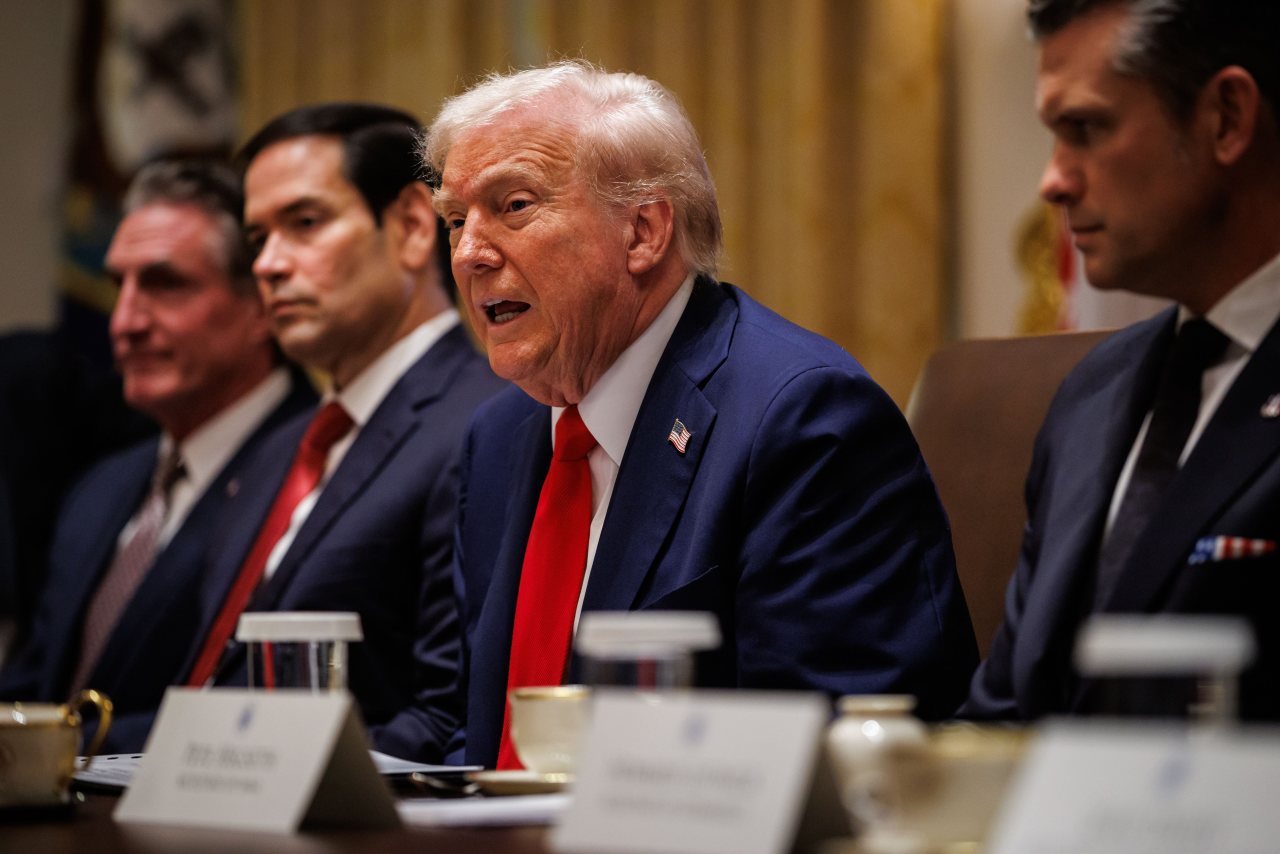Former President Donald Trump has unveiled a new peace proposal aimed at resolving the longstanding conflict between Israel and the Palestinian territories. This initiative, which reverses the approach taken by the Biden administration, places a strong emphasis on Israel’s security, a shift that has sparked significant discussion among political analysts and international observers.
In an announcement made on March 15, 2024, Trump outlined a series of measures designed to enhance Israel’s military capabilities while simultaneously addressing the humanitarian needs of Gaza. The proposal includes provisions for increased economic aid to the Palestinian Authority, coupled with strict conditions to ensure that funds are not diverted to militant activities.
Details of the Proposal
Central to Trump’s plan is a commitment to bolster Israel’s defense systems. The proposal suggests an increase in U.S. military support, aiming to enhance Israel’s ability to respond to threats from armed groups in Gaza. According to Trump, “Israel must be able to defend itself against any aggression.”
The plan also outlines initiatives for infrastructure development in Gaza, with a focus on rebuilding facilities destroyed during previous conflicts. Trump emphasized that these humanitarian efforts would be contingent upon the cessation of hostilities from militant factions operating in the region. The former president stated that “peace can only be achieved when both sides commit to a path free from violence.”
Additionally, the proposal calls for the establishment of a security framework that would allow for greater cooperation between Israeli and Palestinian security forces. This aspect is crucial for fostering trust and reducing tensions on the ground.
Reactions and Implications
The response to Trump’s new initiative has been mixed. Supporters argue that prioritizing Israel’s security is essential for any successful peace deal. They contend that a strong Israel can lead to stability in the region, which could ultimately benefit the Palestinian people as well.
Conversely, critics have expressed concern that the proposal may exacerbate existing tensions. They argue that the focus on military support for Israel might alienate Palestinian leaders and hinder the peace process. Joe Biden, the current U.S. president, has yet to officially respond to Trump’s proposal, but sources close to the administration indicate that they are evaluating its potential impact on ongoing diplomatic efforts.
Political analysts suggest that this move could reshape the dynamics of U.S.-Middle East relations. By positioning himself as a strong advocate for Israel, Trump may be attempting to regain influence in the region, particularly as he considers a potential run for the presidency in 2024.
As this situation continues to develop, the international community remains watchful, understanding that the outcomes of such proposals could have far-reaching implications for peace in the Middle East. The effectiveness of Trump’s plan will largely depend on the willingness of both Israeli and Palestinian leaders to engage in dialogue and commit to lasting solutions.
The evolving landscape of U.S. foreign policy, particularly regarding Israel and Palestine, will likely be a critical issue in upcoming elections and international relations discussions.





































































